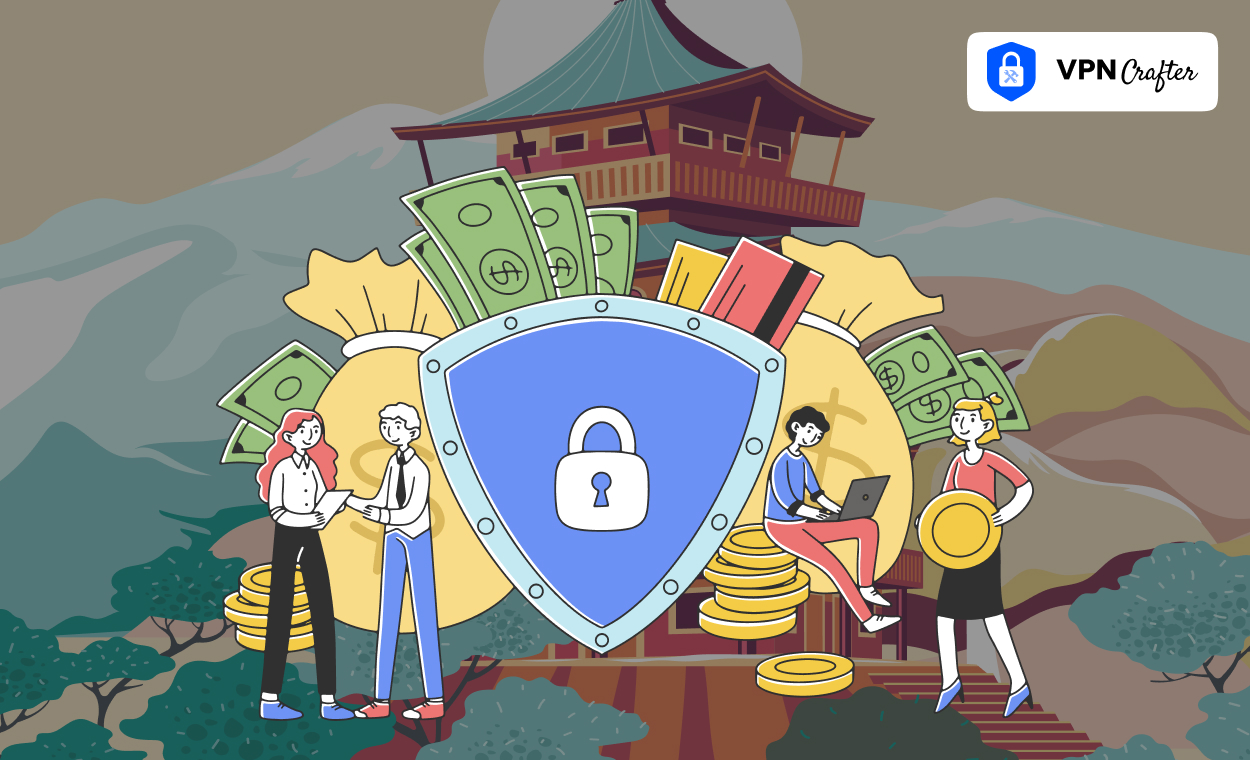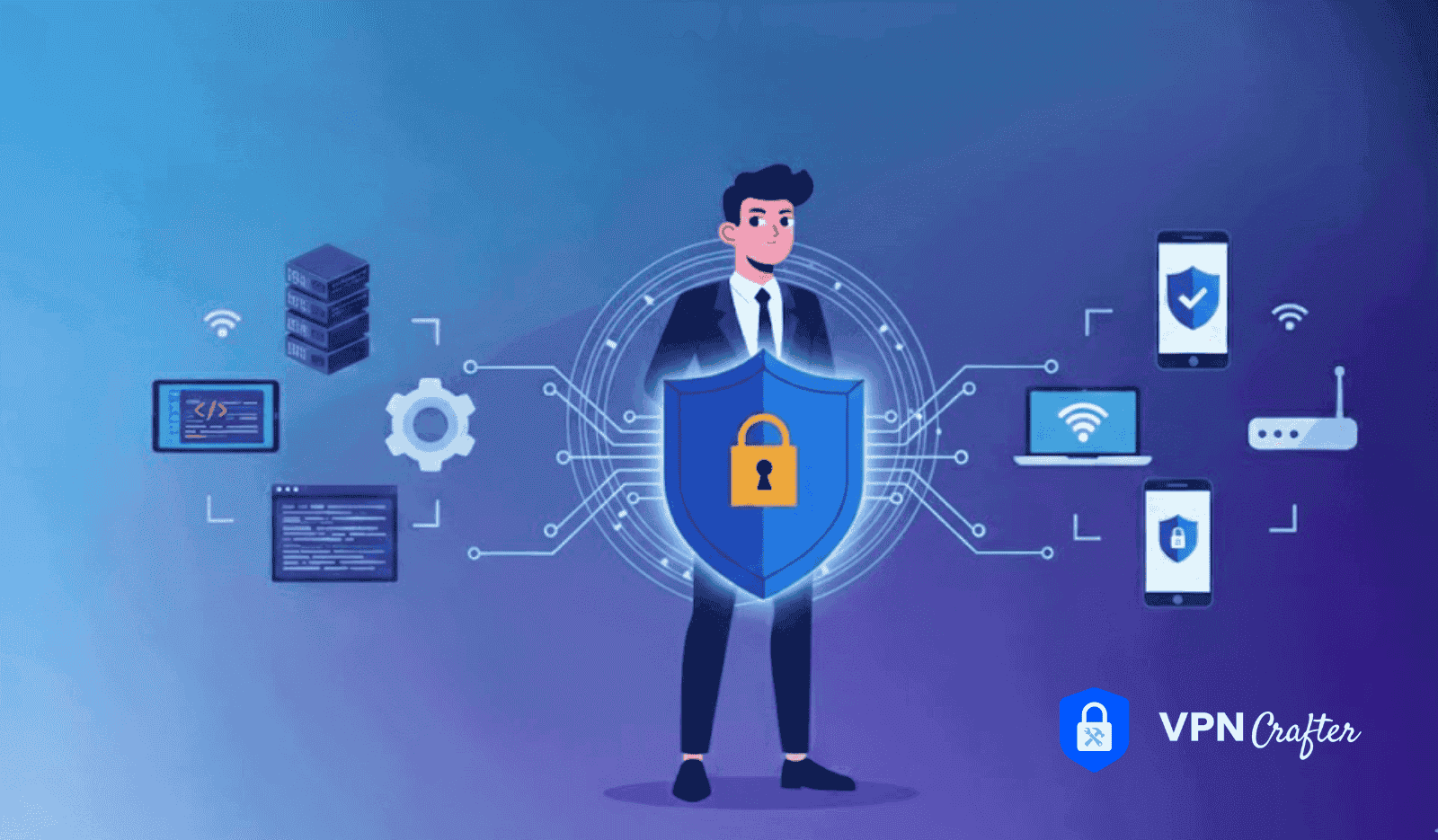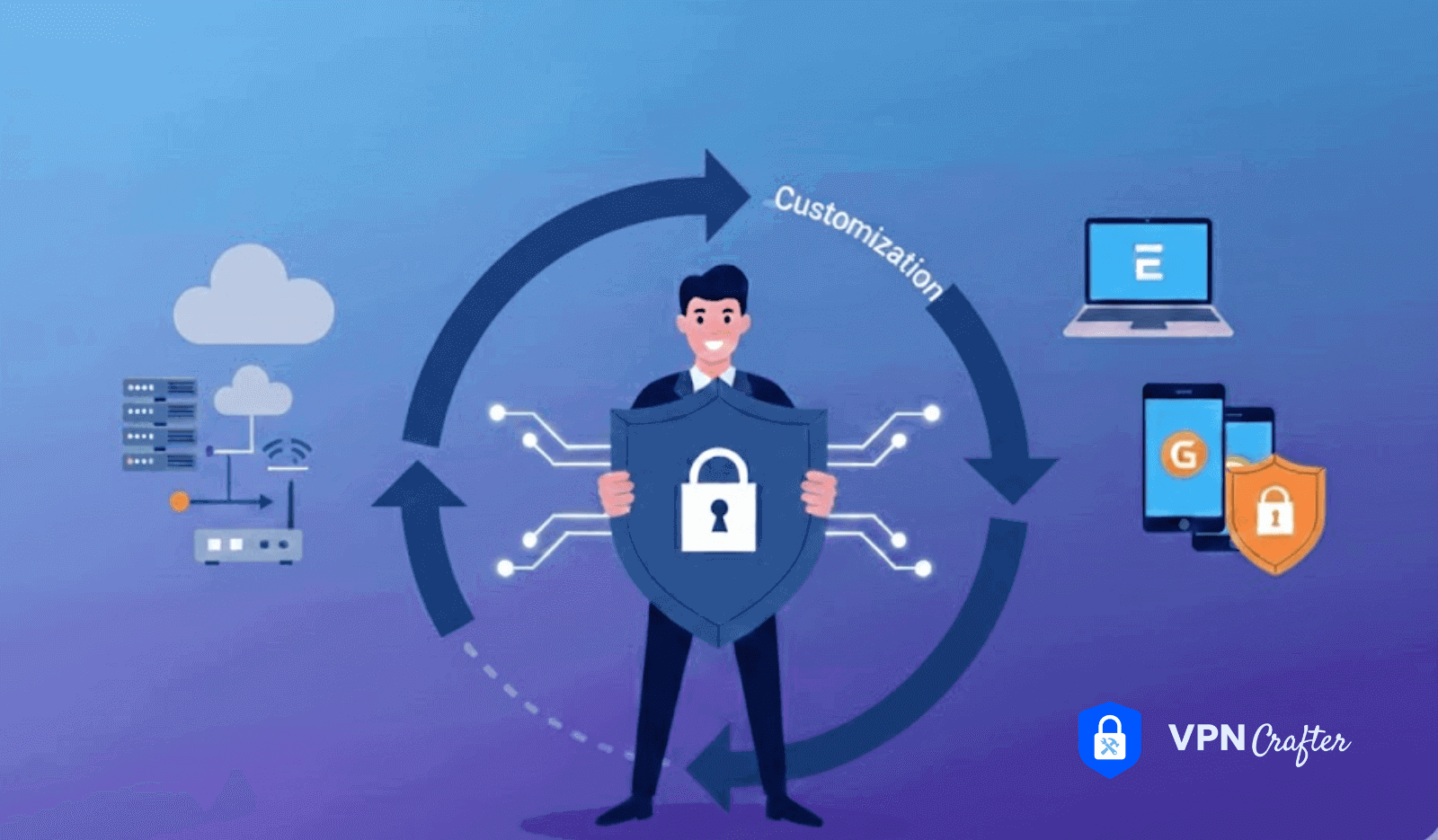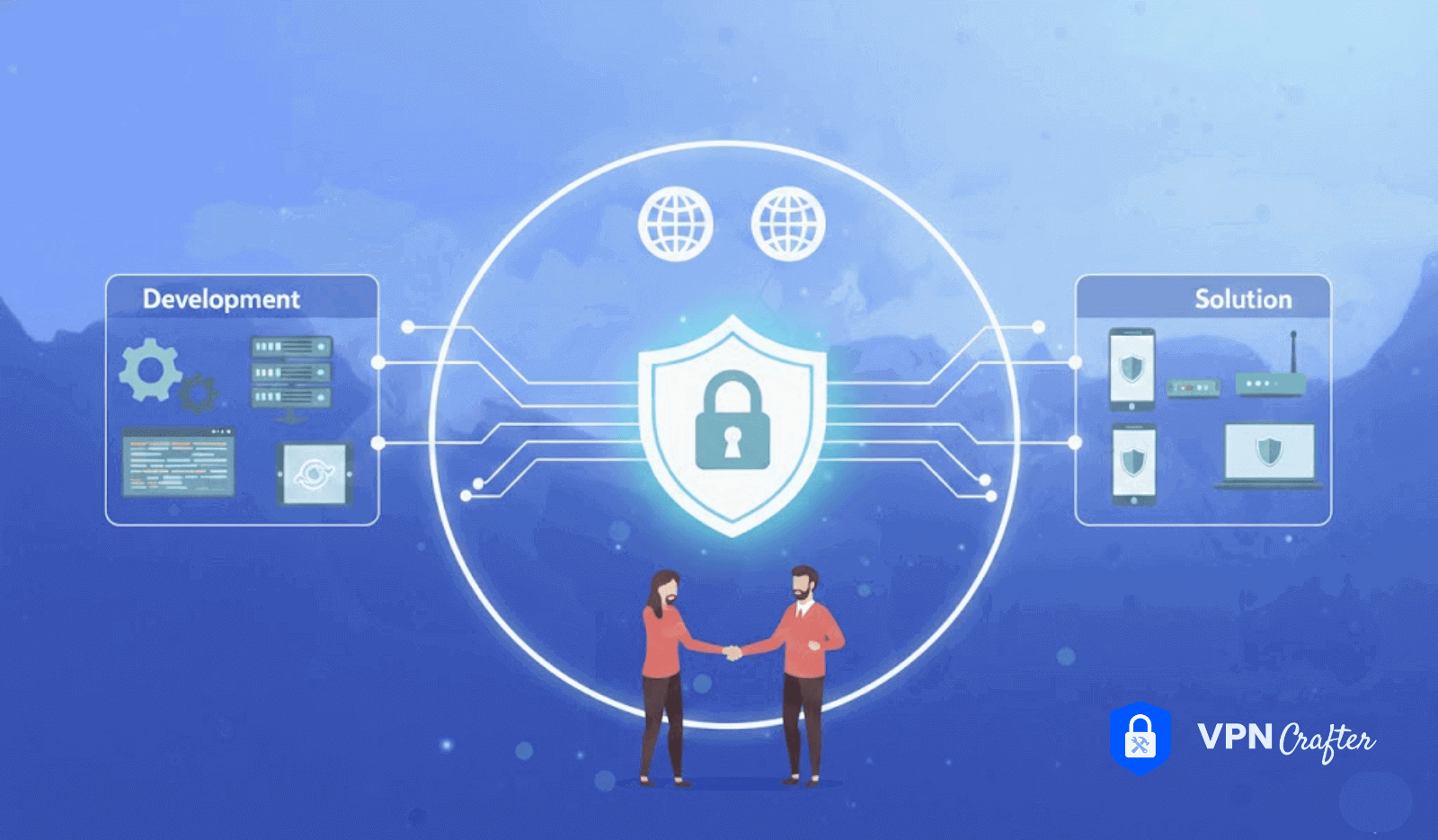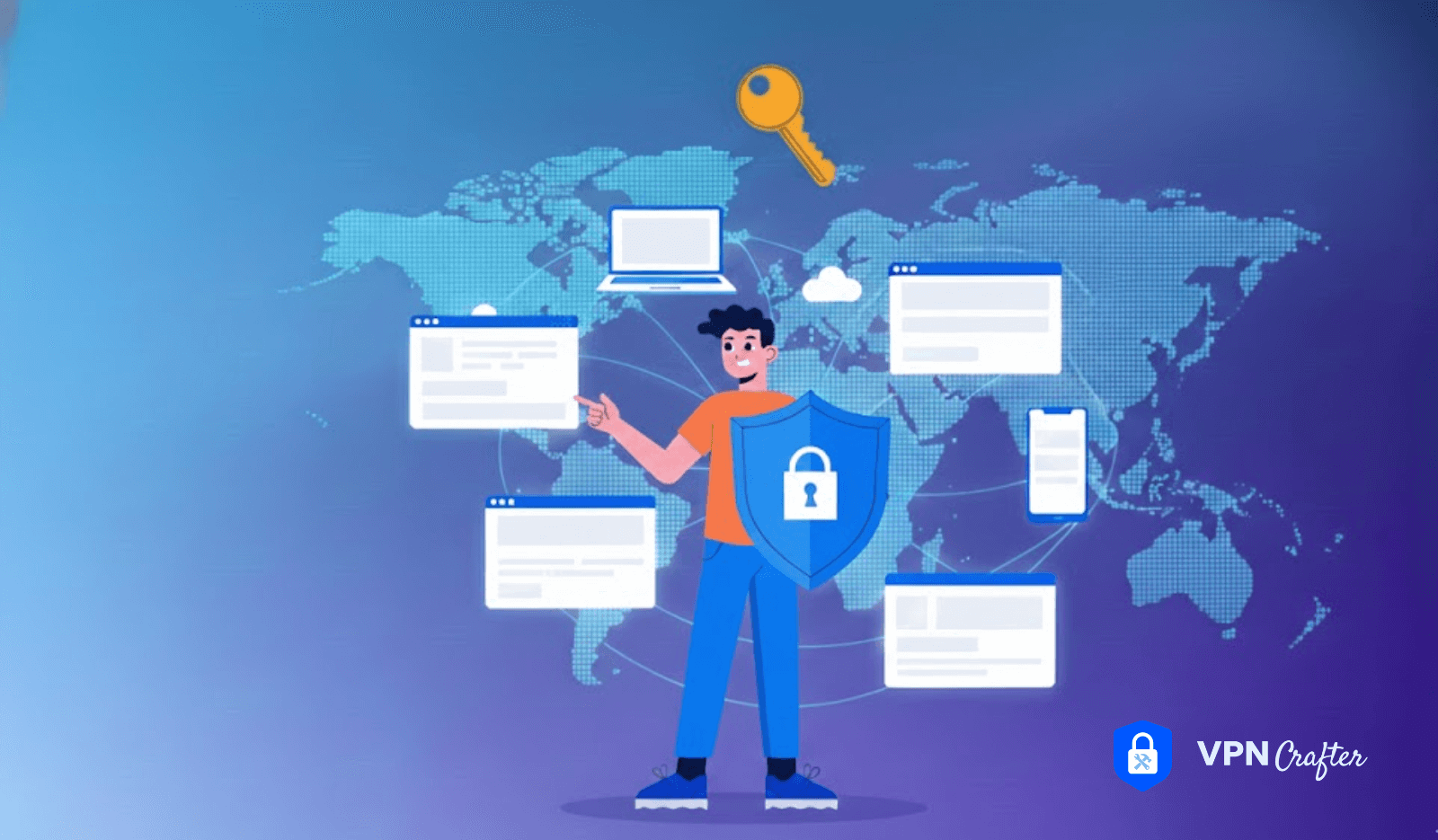China has a nation of over 1.4 billion people. It means this country has the largest internet user base in the world. The more users, the more internet searches. However, the digital world of China is heavily regulated. The government of China imposes stringent controls on online content and privacy.
You would have heard about the Great Firewall of China. It is a sophisticated censorship system that restricts access to many foreign websites and services. As a result, VPNs have become increasingly popular among Chinese citizens to bypass restrictions and protect their online privacy.
When it comes to selling VPNs in China legally, it is a complex and delicate matter. There are some considerations you need to know before selling VPNs legally in China. Let’s follow the footprints of this guide to avoid unexpected situations.
Is Selling VPN in China Legal?

Selling a VPN in China is not illegal. However, selling VPNs in China legally is a tricky business due to the strict internet rules and regulations of the country. Interestingly, Baidu is their main search engine, not Google. That’s why people or visitors in China try to use VPNs for different purposes. It means the Chinese government does not completely ban VPNs because many businesses rely on them to stay connected remotely.
So, the government has found a workaround. It is heavily restricting VPNs, allowing only licensed businesses to use them. It’s like a VIP pass – only those with the right credentials get in. And, what about selling a VPN in China without a license?
That’s 100% illegal!
It is considered running an illegal business, and that’s a serious crime. The government actively cracks down on unauthorized VPNs by blocking their servers and removing them from app stores. Moreover, the consequences are real. Always remember that licensed VPNs are the only right way. Still, these VPN businesses must follow the rules to avoid getting shut down.
Furthermore, there are certain areas in China where selling and using VPNs are allowed, mainly for businesses and government-approved organizations. Large multinational companies rely on licensed VPNs to securely communicate with international offices and access global resources. Some free-trade zones, such as those in Shanghai, also allow limited VPN use.
How to Sell VPN Legally in China?

You need to follow the following rules and regulations in order to sell VPN legally in China:
Get a government license
As we have mentioned before, selling a VPN legally in China starts with getting a license from the government. Otherwise, your VPN business will be considered illegal. As a result, you could face serious consequences. The Chinese government only allows certain VPN providers to operate under strict regulations.
To get a license, you need to follow the local cybersecurity laws of China and agree to monitor and filter internet traffic as required. The process is complex. Plus, the approval of your online VPN business is not guaranteed. Many foreign VPN providers struggle to get licensed because of the strict policies of China. But, a license is your only option if you want to operate legally.
Work with a licensed telecom provider
If getting a license in China is too difficult, you can partner with a government-approved telecom company. It is a good alternative. The major telecom providers of China, such as China Mobile, China Unicom and China Telecom, offer VPN services for businesses.
You can work with them and sell VPN services legally without dealing with licensing directly. However, this means your VPN must comply with Chinese regulations. This includes limiting access to banned websites and monitoring user activity. Although this approach ensures legal operation, it may not provide complete online freedom for Chinese users. Still, it is a safer way to enter the VPN market in China.
Follow local cybersecurity laws
China has strict cybersecurity laws that every business must follow. It includes VPN providers, too. These laws require companies to store data locally and give the government access when needed. If you sell a VPN in China, you must agree to these terms.
In other words, your VPN service cannot be fully private or anonymous. Your VPN should also block access to websites banned by the government, such as Google, Facebook and YouTube. Remember, failure to follow these laws can lead to fines, business closure, or even jail time. If you plan to sell VPNs legally, staying compliant is not optional—it’s necessary.
Use china-based servers
Your VPN servers must be hosted within the country to be operated legally in China. The government does not allow foreign VPN providers to use overseas servers for Chinese users. Hosting servers in China guarantees that all internet traffic passes through government-controlled networks.
This precaution allows China authorities to see and monitor your and your client’s online activities. Although this step limits the privacy and freedom of a VPN, it is required for legal operation. Otherwise, your servers that are outside China will likely be blocked permanently. More importantly, hosting locally involves additional costs. But, you can’t do anything else instead of flowing it if you really want to run a VPN business legally in China.
Avoid promoting unauthorized VPNs
In addition to the above-mentioned considerations, you can’t recommend non-government-approved VPNs on social media or any other platform in China. You risk getting into jail, arrested, or charged by the police or authorities. Yes, it has happened before – both locals and tourists have faced legal troubles for promoting “illegal” VPNs on Chinese social media platforms.
You may ask: “What if I am not selling them? Still, promoting or recommending unlicensed VPNs is illegal in China. The China government actively monitors online discussions and blocks content that encourages VPN use. At the same time, you need to be careful with marketing even though you are selling a licensed VPN.
All advertisements and promotions should follow China government rules. You can’t use social media or websites banned in China to promote your VPN business or company. It could also create problems for you. So, the safest approach is to use only approved channels and follow all local and national laws of the Chinese government.
Final Thoughts
At the end of this guide, we must admit that selling VPNs in China legally is challenging. It requires navigating strict regulations, obtaining the necessary licenses, and partnering with government-approved providers. Non-compliance can lead to heavy penalties, making it essential to stay updated on evolving policies and enforcement measures.
Businesses should focus on transparency, security, and legal compliance to operate successfully in this tightly regulated market. By working within the legal framework, companies like VPN Crafter can offer VPN services that align with China’s cybersecurity laws while ensuring user privacy and business sustainability.
